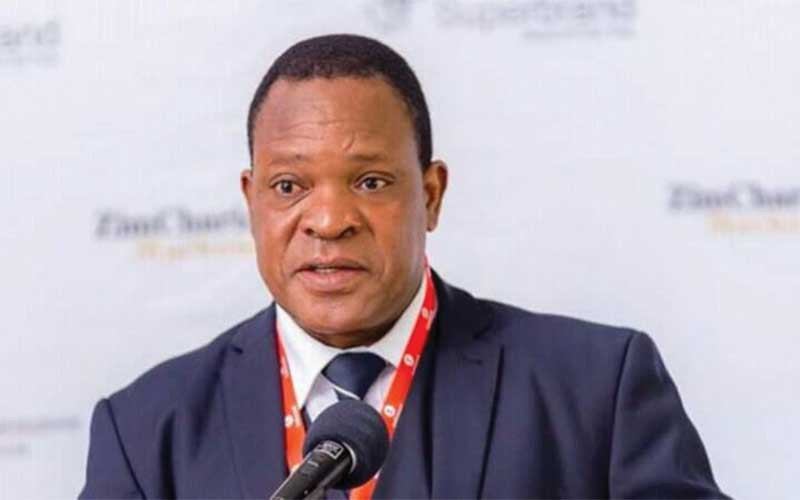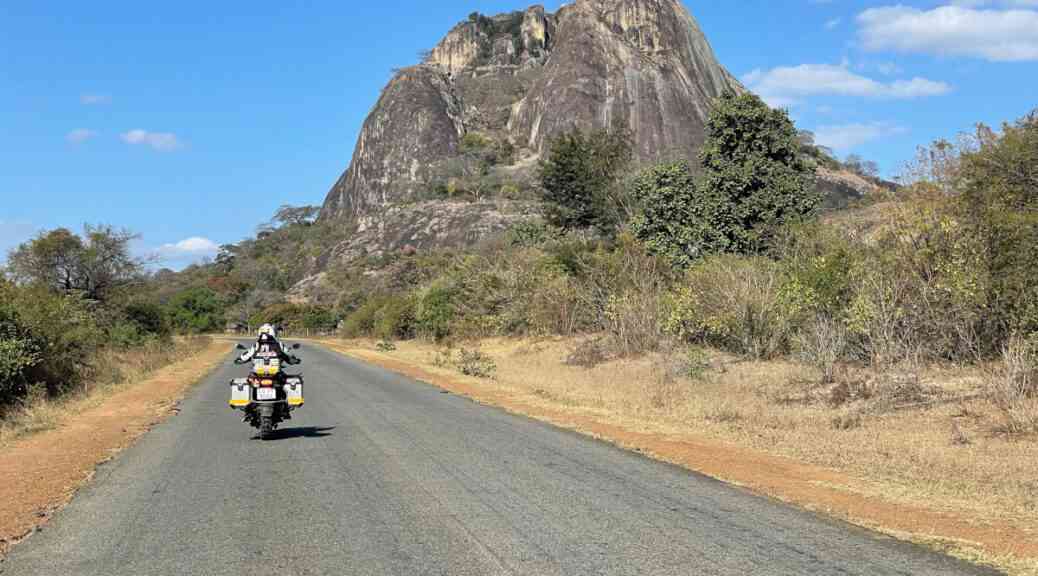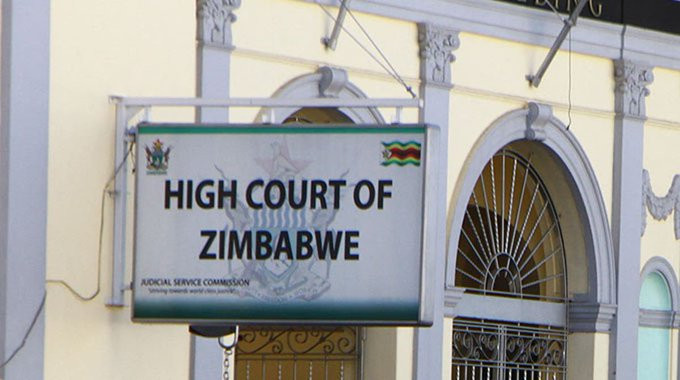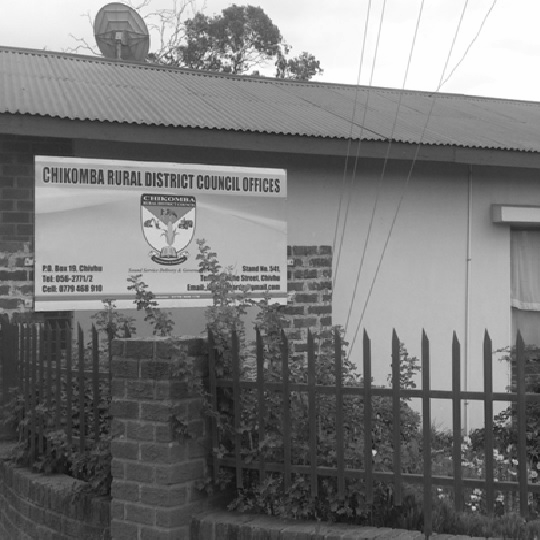
LANDS, Agriculture, Fisheries, Water and Rural Development minister Anxious Masuka has called on police officers to stop pursuing pirate taxis saying such conduct is leading to fatal road accidents.
He made the call last Thursday during a Parliamentary session.
Masuka said motorists must follow stipulated road laws so that order is maintained and road accidents are curbed.
“I firstly said that people who are engaging in mushikashika are chasing each other with the police officers. Most of the time, it causes accidents and some people end up dying during those accidents. So, I am encouraging everyone to follow all the laws,” he told the House.
“When police officers try to catch these people, they [mushikashika crews] run away and for police officers to desist from chasing people, we have come up with cameras which are being installed so that the perpetrator is seen on the camera from the number plate to the driver, hence summons will be sent to that responsible person causing chaos on the roads.
“By doing so, we eliminate the issue of the cat and mouse chases between the police and the mushikashika crews in town.”
Masuka said all passenger vehicles should be registered.
“The issue is that there are cars which are allowed to ferry people and those cars are known. There are also other cars which are carrying people, but they are not registered to do so, especially the mushikashika cars that carry people around town and picking up passengers from undesignated points,” he said.
- Boustead Beef seeks to end CSC corporate rescue
- Unresolved land tenure dispute stifles Tongaat Hulett project
- Boustead Beef seeks to end CSC corporate rescue
- British investor makes new claim over CSC . . . Boustead says it took over full control of the beef processor in 2019
Keep Reading
“Government is in the process of installing cameras at all roadblocks and robots. They are expecting to increase more where they are going to capture the number plate of the car and the picture of the person. They also see who the owner of the car is and see whether the car is registered to ferry people or not.”
Masuka said the Home Affairs minister had plans to make sure that this system is linked to the person and their bank details, including the national identity particulars of the person.
“We do this so that when they cause trouble or breach the law, all the things will be centred into their personal accounts to the extent that the money can be deducted without their knowledge soon after they have committed an offence on the road or caused accidents,” he said.
“We are encouraging all people to follow the law and as Zimbabweans, we must use transport that is registered to ferry people.
“Still on the transport issue, Zupco and other bus operators are also being encouraged to increase the number of buses and cars to ferry people legally so that commuters have more than enough transport and so that they do not end up resorting to the mushikashikas.”
Hurungwe East legislator Chenjerai Kangausaru (Zanu PF) had questioned the House if it would be a good idea for the public to jot down the registration numbers of cars being chased by the law enforcement agents and take them to police stations.
“Is it not possible for the public to jot down the registration numbers of those cars and make sure that they face the full wrath of the law, rather than chasing those cars because most of the time, the police officers will be chasing these cars? Most of the chaos is being caused by this chasing that happens in towns,” Kangausaru said.
Chikanga MP Lynette Karenyi-Kore (Citizens Coalition for Change) asked the House what government is doing to assist those that are hurt or die in accidents, “since most of these people are breadwinners... and that the accidents might have been caused by police officers”.
“Is there any government policy for compensation of those injured or those who die during the chase by the police officers? Most of the victims would have not breached any law, but they are the victims of those who would be chasing each other. Is there any government policy for the compensation of the children or spouses and the family which would have been left behind?” asked Karenyi-Kore.










